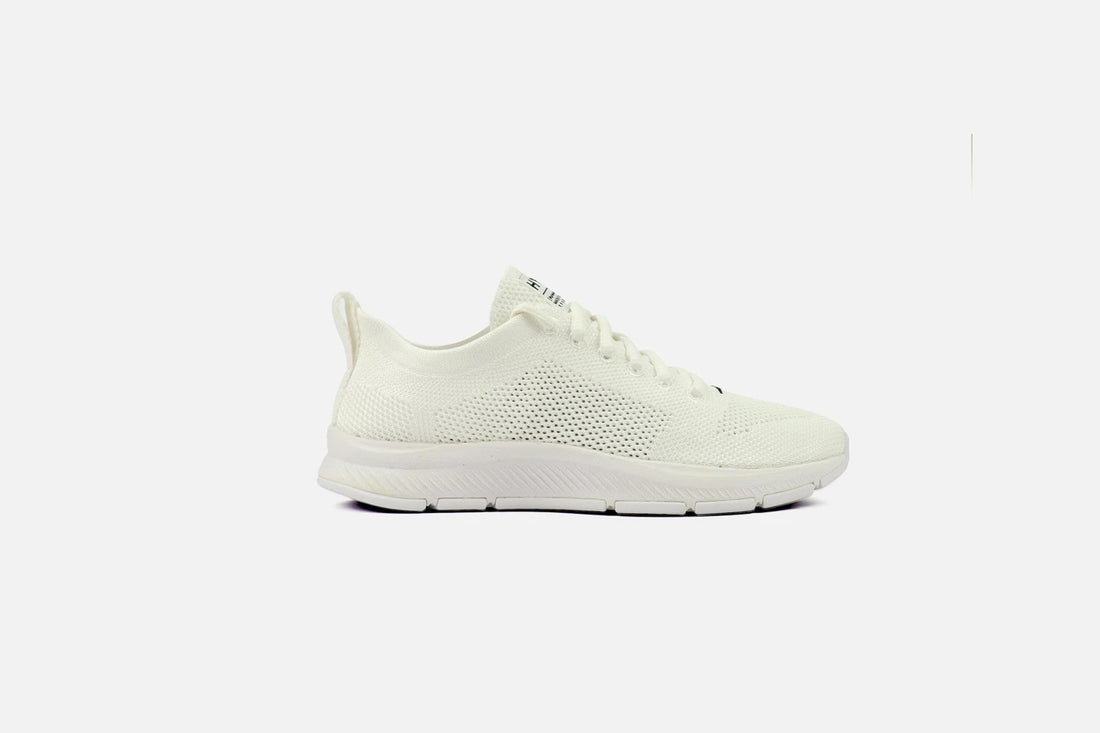
Hylo Athletics' Shoes that are Eco-Friendlier from the Ground Up
People are used to getting a new pair of sneakers as soon as the previous trend has lost its momentum, which contributes to enormous amounts of waste. Sustainable Footwear Market states, around 300 million pairs of shoes are thrown away every year and it requires 30 - 40 years for a pair to completely decompose in landfills.
Hylo Athletics was founded on the principles of inspiring new mindsets and believes that sports can be the catalyst in the fight against climate change. The brand subscribes wholeheartedly to the narrative of a collaborative effort to inspire positive change for our planet through sport. Even the brand’s name ‘Hylo’ demonstrates dedication to a waste-free lifestyle, being taken from the plant hylotelephium which has the appropriate nickname ‘life-everlasting’.
The brand uses natural materials as much as possible in its shoes and made with materials including corn fibre, natural rubber, organic cotton, natural rubber, and algae bloom. Each pair of trainers includes only 0.15% of polyester.
One of the core qualities of Hylo’s sneakers is minimalism. By using fewer materials and components, Hylo shoes are both lightweight (215gram) and comfortable which can provide a competitive advantage when it comes to athletic performance.
Hylo has achieved becoming carbon negative by offsetting carbon footprint. By sourcing renewable materials, localising supply chain (all the materials arrive by road with even coming from a 100km radius of its factory), and using shoe boxes that requires no additional packaging from the factory to customers, the brand reduced carbon footprint to 7.83 kg CO2e. Then, offset that to below zero by funding a project that installs biogas digesters that decompose organic waste and turn it naturally into a clean fuel that replaces the need to burn coal and wood.
Even sustainable shoes made to last have lifespans. So Hylo has incorporated a circular process so when you’re done with their trainers, you can send them back and the brand will recycle them. Hylo turns the fabrics into compost and the rubber gets grounded up to be used in the next generation of Hylo shoes. Moreover, the returns are factored into the carbon offsetting process - any planetary impact is offset.

By taking a material-first approach, assessing the environmental impact at every stage of the product’s life cycle, and working with partners focused on driving sustainable innovation in the production process, Hylo strives to create the most sustainable sneakers.
Shop the Hylo collection here.



